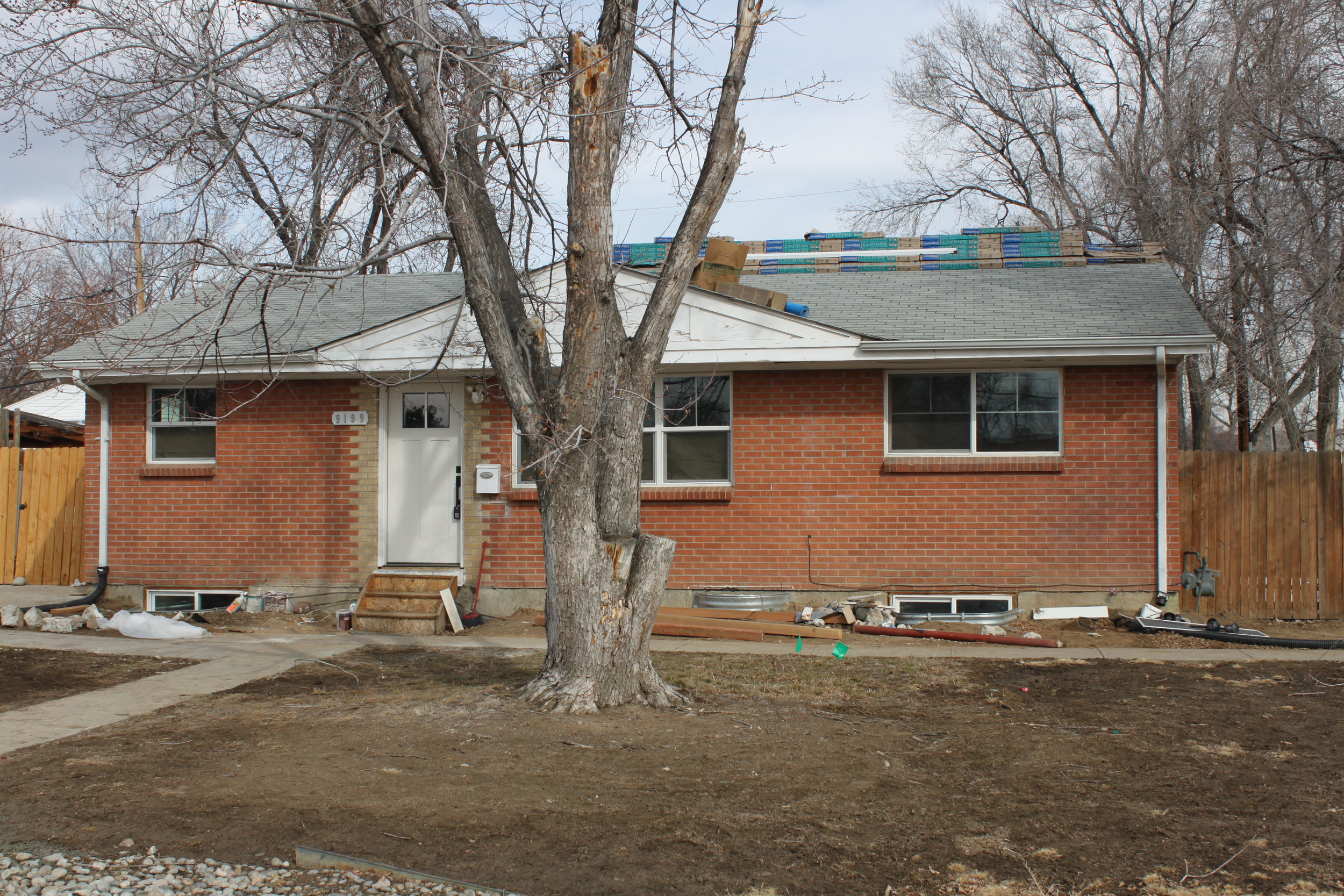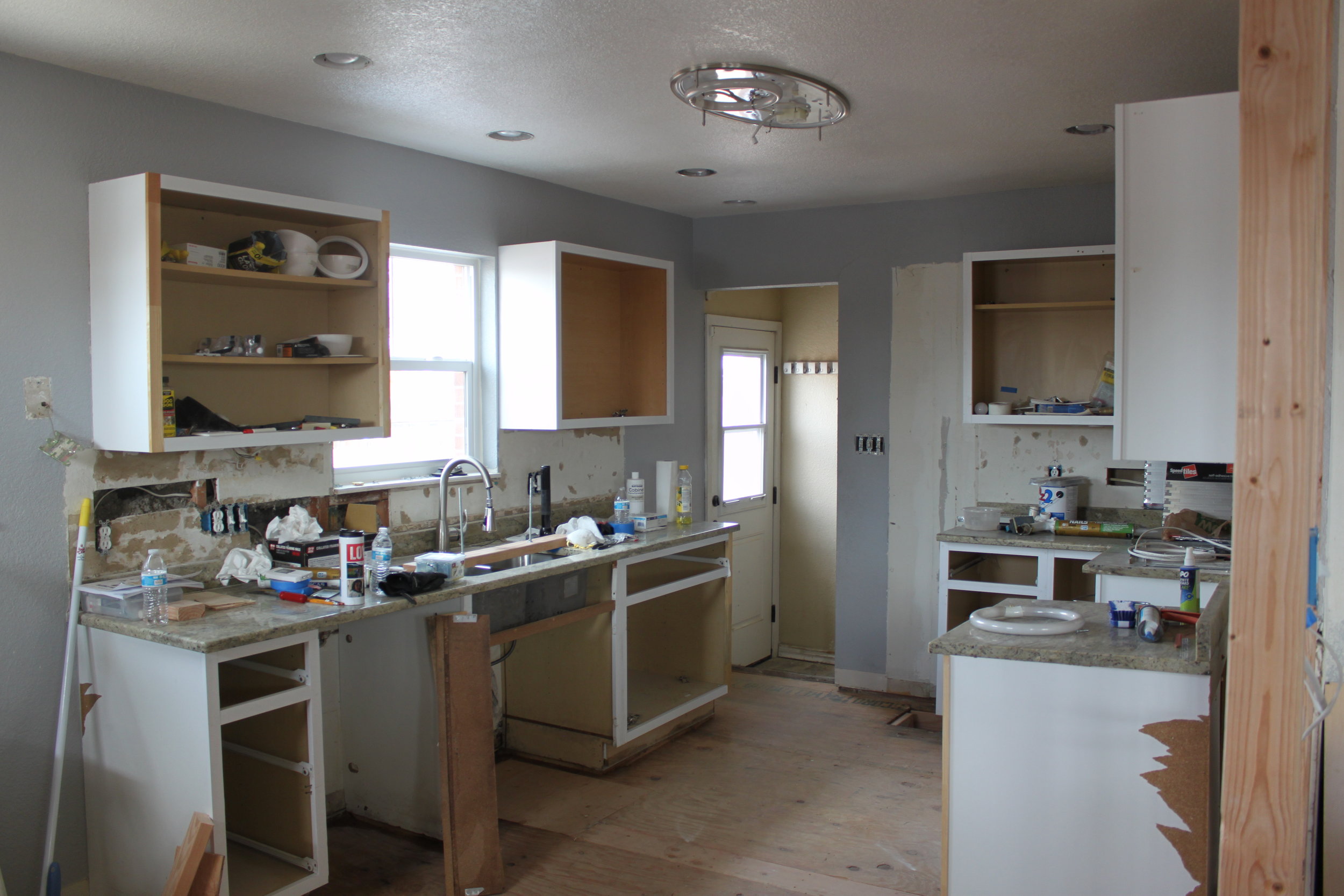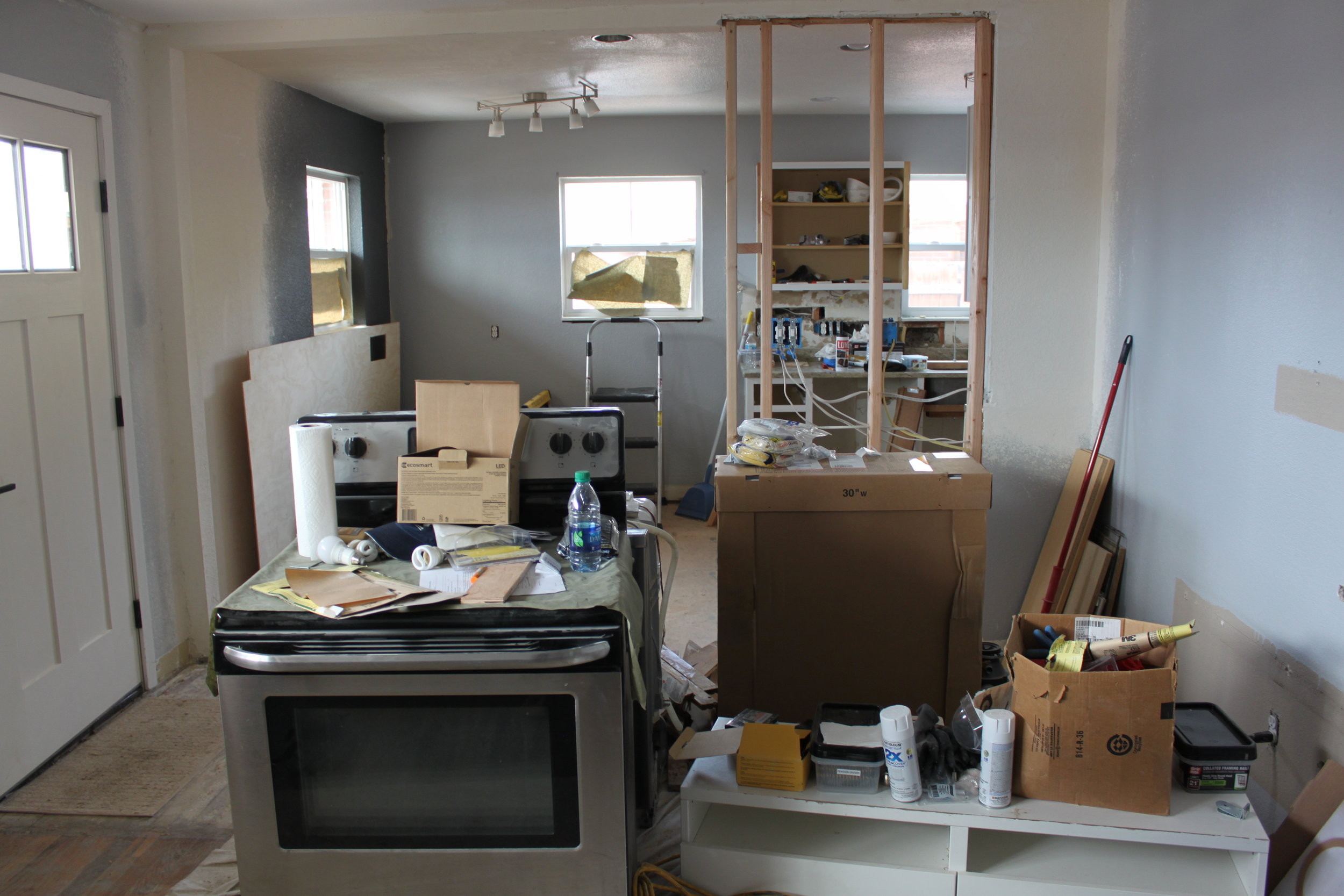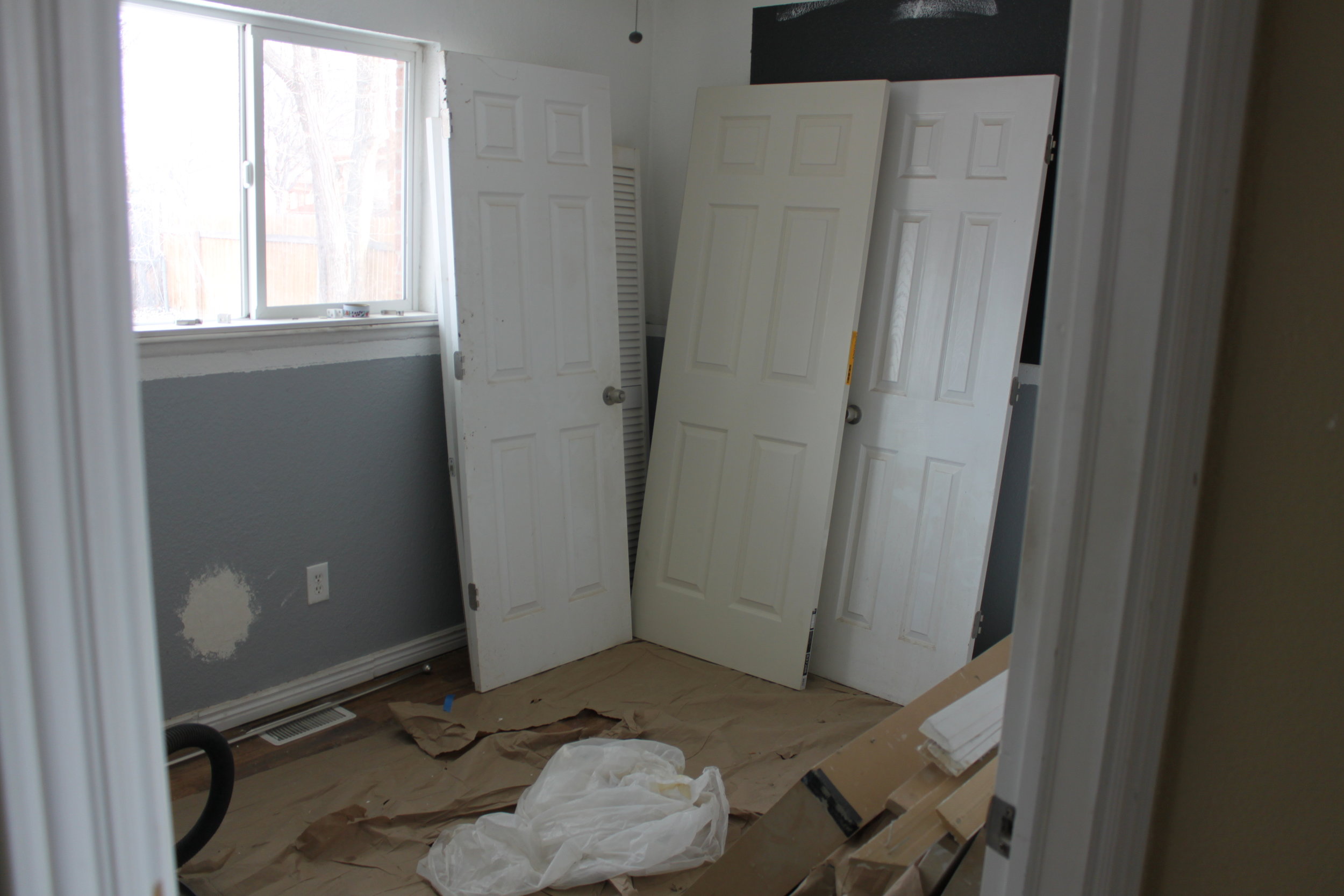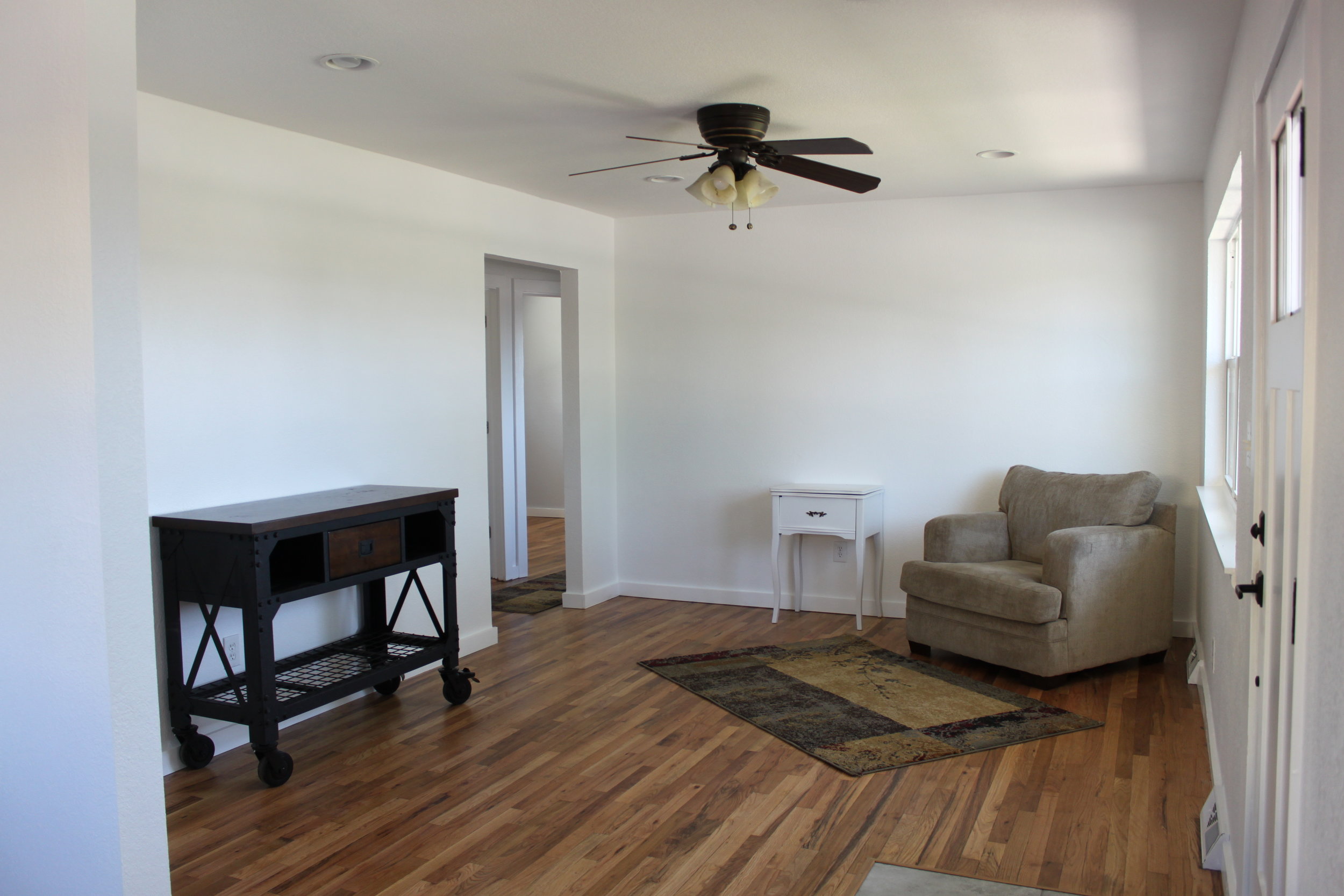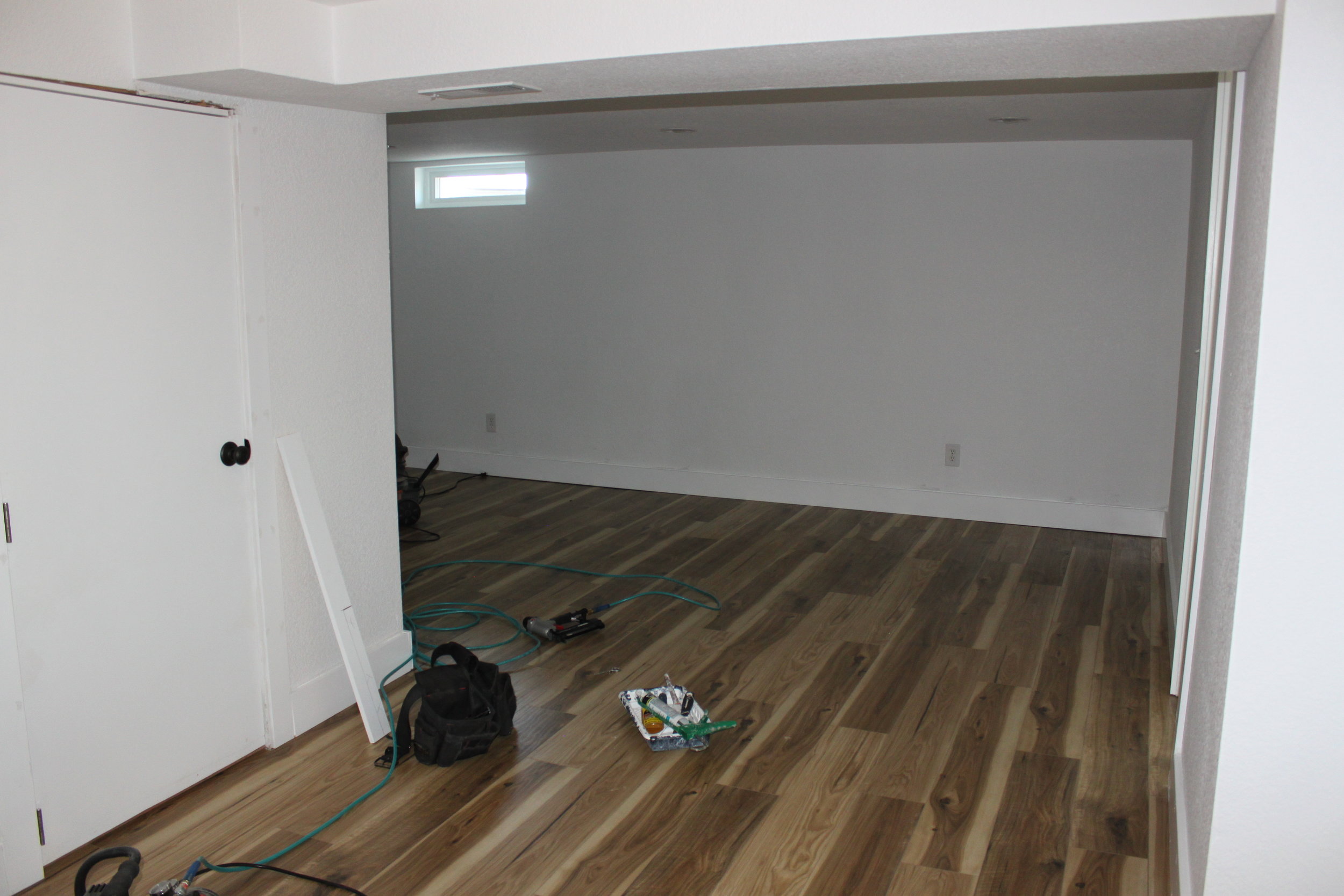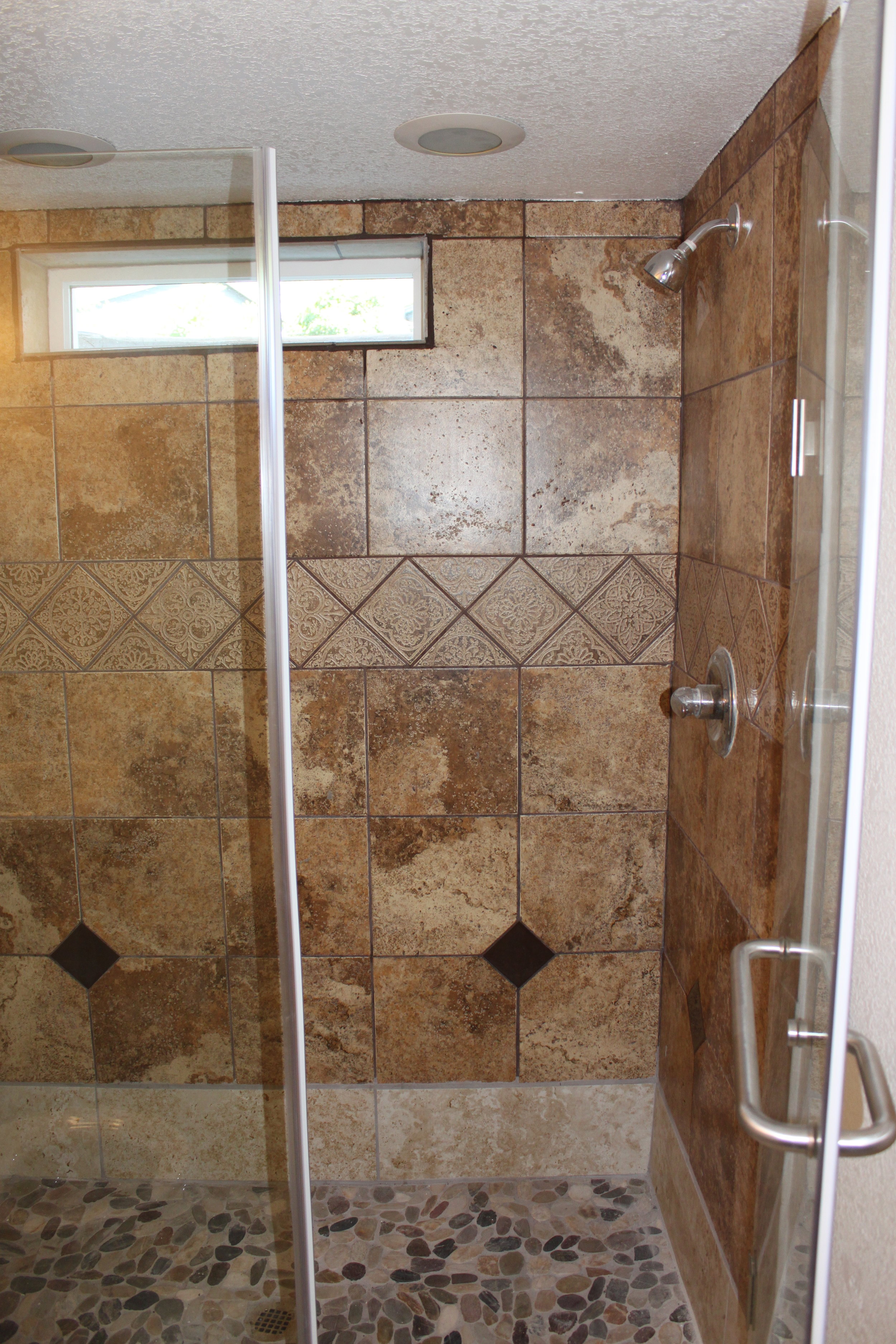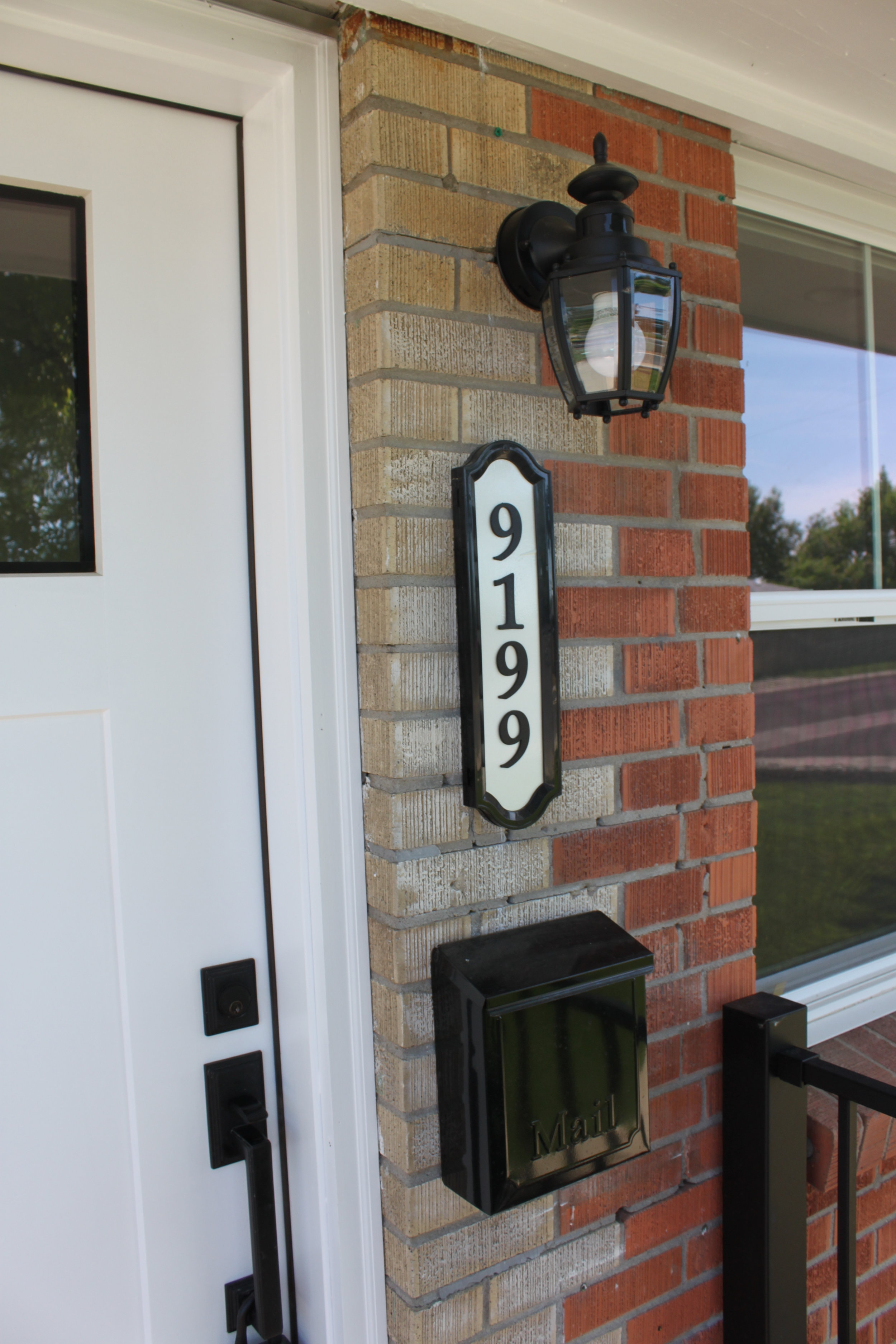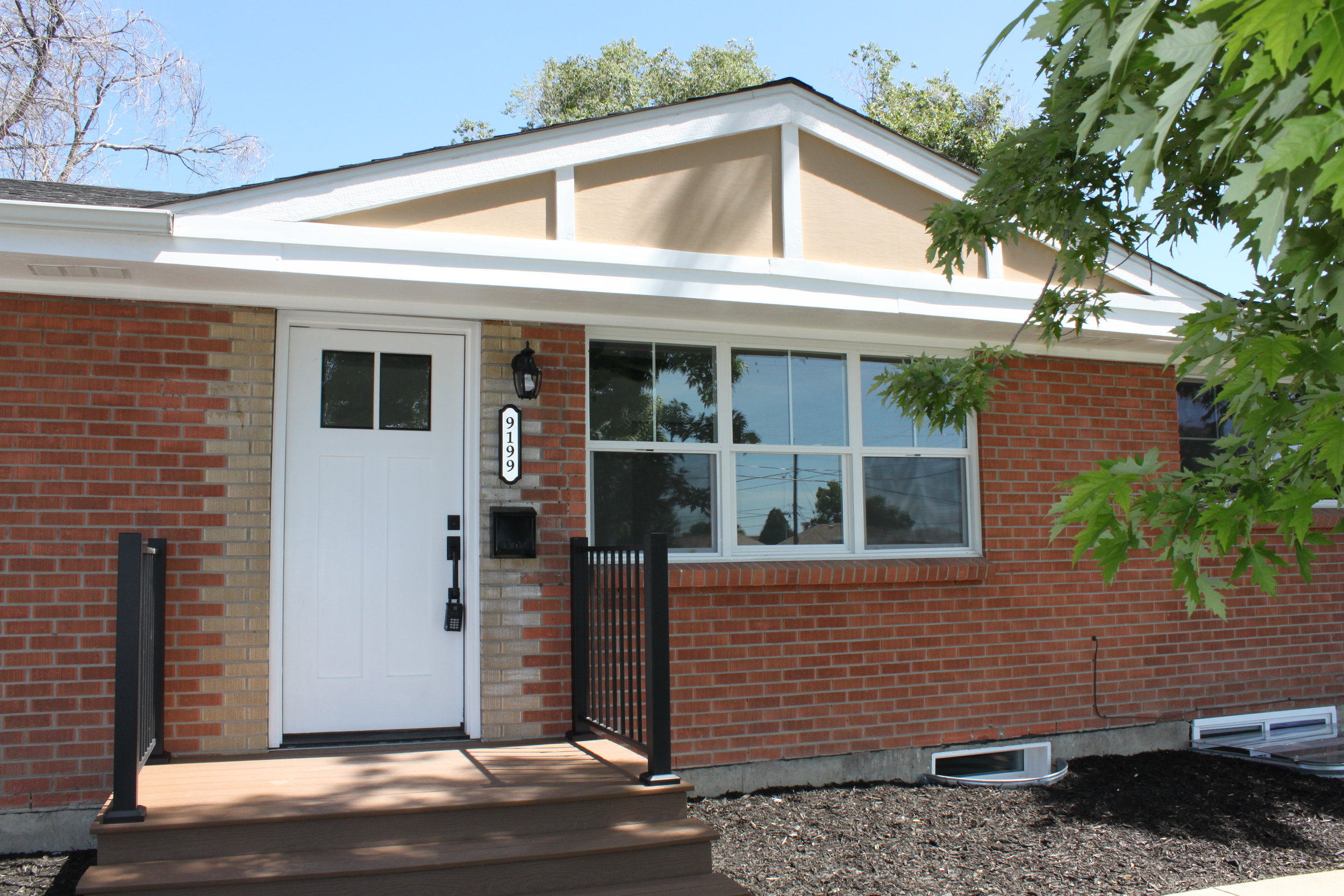How do I do a 1031 Exchange?
/First - What is a 1031 Exchange? The Internal Revenue Service allows a tax deferment strategy called a 1031 exchange. For the purposes of this information, we speak about using it for an investment property, but it can be used in the sale of other items too, such as machinery.
The idea behind this strategy is that after you have held a property and decide to sell it, it will sell for a profit above what you paid for it. But you don’t want to pay taxes based on the gains from that sale when you can re-invest that capital into another investment (and hopefully more earnings down the road).
Here are the basic steps in order to accomplish a 1031 exchange.











